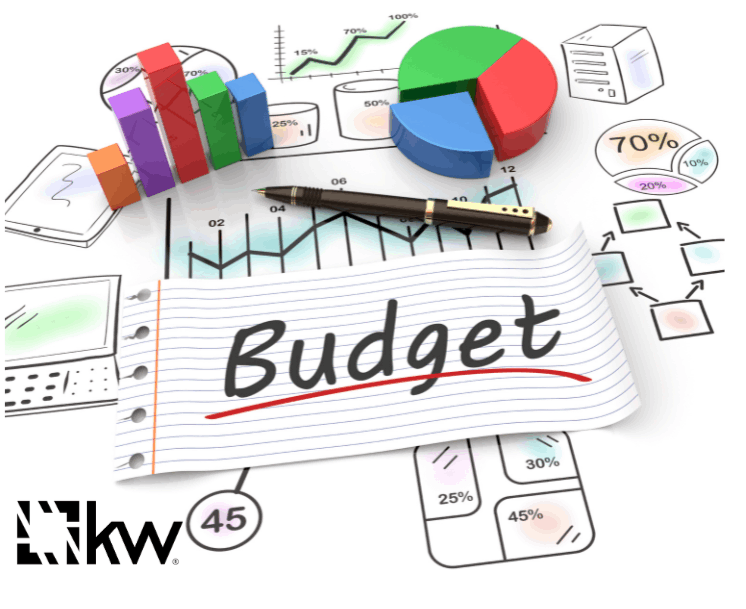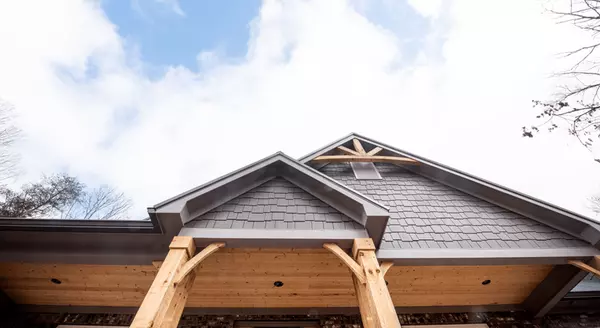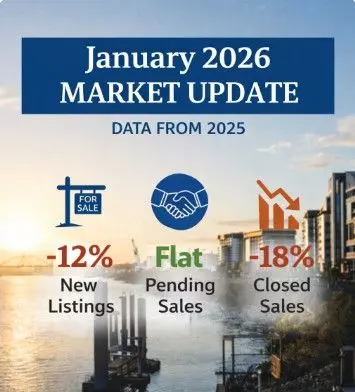Decoding Your Budget – What Can You Really Afford?
Decoding Your Budget – What Can You Really Afford?
One of the most critical steps in buying a home is understanding what you can afford. It’s easy to get caught up dreaming about the perfect house, but your financial health should guide your decisions. Establishing a realistic budget will set you up for success, so let’s break it down.

Step 1: Know Your Numbers
Before you even start house hunting, you need a clear picture of your financial situation. Here’s how to get started:
- Income: Calculate your total monthly income after taxes.
- Expenses: List all monthly expenses, including rent, utilities, groceries, and debt payments.
- Savings: Factor in your current savings and how much you can contribute toward a down payment.
Step 2: Understand the 28/36 Rule
A general rule of thumb is the 28/36 rule:
- 28% of Gross Income: Your monthly mortgage payment (including taxes and insurance) shouldn’t exceed 28% of your gross income.
- 36% of Gross Income: Your total monthly debt payments, including your mortgage, should stay under 36% of your gross income.
This rule helps ensure your home-buying decision doesn’t strain your finances.
Step 3: Consider All Costs
Owning a home involves more than just the mortgage. Be sure to account for:
- Upfront Costs: Down payment (typically 3-20% of the purchase price), closing costs (2-5%), and moving expenses.
- Recurring Costs: Property taxes, homeowner’s insurance, HOA fees (if applicable), and utility bills.
- Maintenance: Plan for ongoing maintenance and unexpected repairs (1-3% of the home’s value annually).
Step 4: Get Pre-Approved
A mortgage pre-approval not only shows sellers you’re a serious buyer but also gives you a realistic idea of how much you can borrow. During this process, a lender will evaluate your income, credit score, and debt-to-income ratio to determine your loan amount.
Step 5: Build a Cushion
Life is unpredictable, so don’t stretch your budget to its limits. Leave room for emergencies and other financial goals like saving for retirement or a vacation. Experts recommend keeping 3-6 months of living expenses in an emergency fund.
Step 6: Use Online Tools
Take advantage of free mortgage calculators to estimate monthly payments based on different loan amounts, interest rates, and terms. This will give you a better idea of how price changes impact your budget.
Why This Step Matters
A clear budget isn’t just about numbers—it’s about peace of mind. By knowing exactly what you can afford, you’ll feel more confident making offers and less stressed about monthly payments. Plus, you’ll avoid the common trap of becoming “house poor,” where most of your income goes toward your home, leaving little for other priorities.
Take Action
- Gather your financial information and calculate your current spending.
- Meet with a trusted lender or financial advisor to discuss your budget.
- Use tools like mortgage calculators to explore different scenarios.
By taking these steps, you’ll set yourself up for success and ensure your home-buying journey is as smooth as possible.
Categories
- All Blogs (514)
- For Sale By Owner (15)
- Local Events (8)
- 100 Hands for Foster Care (1)
- 1031 Exchange PNW (1)
- Affordability (36)
- Agent Value (92)
- Buying Tips (205)
- Clark County Housing (6)
- Closing Costs (1)
- Community Support (3)
- Debt-Free Living, (1)
- Design (8)
- Downsize (9)
- Downsizing Vancouver WA (3)
- Economy (25)
- Equity (26)
- Expired Listings (1)
- Featured (1)
- Financial Planning (34)
- First-Time Home Buyer (153)
- For Investors (1)
- For Sale by Owner (5)
- Forecasts (16)
- Foreclosures (4)
- Foster Care Resrources (2)
- Fun Tips (5)
- Giving Back (1)
- Home Buying (260)
- Home Inspections (1)
- Home Prep & Staging (2)
- Home Prices (68)
- Home Selling (189)
- Home Staging PNW (1)
- Home Value (2)
- Housing Market Confidence (2)
- Independent Living PNW (1)
- Inventory (38)
- Lifestyle Move PNW (2)
- Listing Strategy (1)
- Local (25)
- Local Non-Profits (1)
- Luxury / Vacation (1)
- Market Update (43)
- Mortgage (57)
- Move-Up (5)
- Moving for Job Relocation (1)
- Negotiation Strategy (1)
- New Construction (10)
- Newsletter (10)
- Open House (1)
- Portland Downsizing (2)
- Portland OR (7)
- Portland OR Affordability (6)
- Portland OR Home Buying (10)
- Portland OR Homes (9)
- Portland OR Real Estate (26)
- Portland OR Seller Tips (8)
- Portland Real Estate FAQs (3)
- Portland Recession Risk (1)
- Portland-Vancouver Home Value (6)
- Portland-Vancouver Inventory (6)
- Price It Right Portland (3)
- Real Estate Investing (7)
- Real Estate Tax Strategy (1)
- Rent vs Buy (10)
- Restaurant Reviews (5)
- Retirement Planning (2)
- Seasonal (11)
- Selling Rental Property (2)
- selling tips (132)
- Technology (1)
- Teens & Young Adults (11)
- Trends (15)
- Vancouver WA (7)
- Vancouver WA Affordability (8)
- Vancouver WA Home Buying (14)
- Vancouver WA Home Value (2)
- Vancouver WA Real Estate (35)
- Vancouver WA Selling Tips (11)
- Wealth Building (13)
Recent Posts











